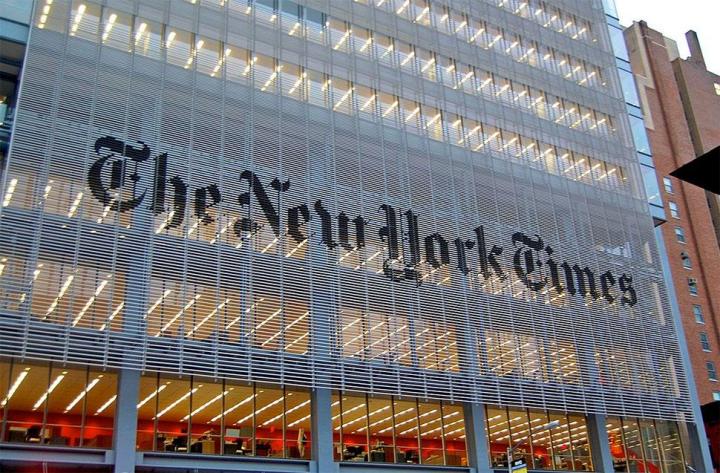
By using Starbucks mobile app, Starbucks loyalty members will be able to read daily and weekend briefings from The New York Times, and other articles recommended by Starbucks.
Starbucks members will also be able to earn “Stars,” but they’ll need to purchase digital and print subscriptions to The Times, which can be used to buy food and drinks.
Mark Thompson, the chief executive of The New York Times Company, said in a statement, “We have enjoyed a long and fruitful association with Starbucks, and we’re delighted that this agreement will further extend our digital relationship. This is another in a series of arrangements we have made recently in order to ensure that The Times continues to expand the reach of our journalism to new and interesting pools of readers.”
While the new feature won’t be available immediately, Starbucks says the NYT articles will appear in “the first half of 2016.” We’re not exactly sure of how many articles we’ll be able to read on a daily basis, Starbucks President and COO Kevin Johnson says “This expanded relationship with The New York Times allows us to directly engage our most loyal customers with the latest and most relevant news of the day.”
Back in May, Starbucks announced a multiyear deal to partner with Spotify, the leading subscription service, in which it would produce playlists for all of its stores in the U.S. The partnership would let Starbucks employees and customers pick the songs played at the shops and incorporate Spotify into Starbuck’s mobile app so customers could collect points.
You can download Starbucks app from the App Store and Google Play Store.
Editors' Recommendations
- The 10 best apps for your 2024 New Year’s resolutions
- The New York Times has already changed Wordle solutions
- Apps to help you start good habits and level up your life in 2022
- Reddit is getting more interactive with new real-time features for mobile
- Spotify finally adds real-time lyrics support to its mobile apps
